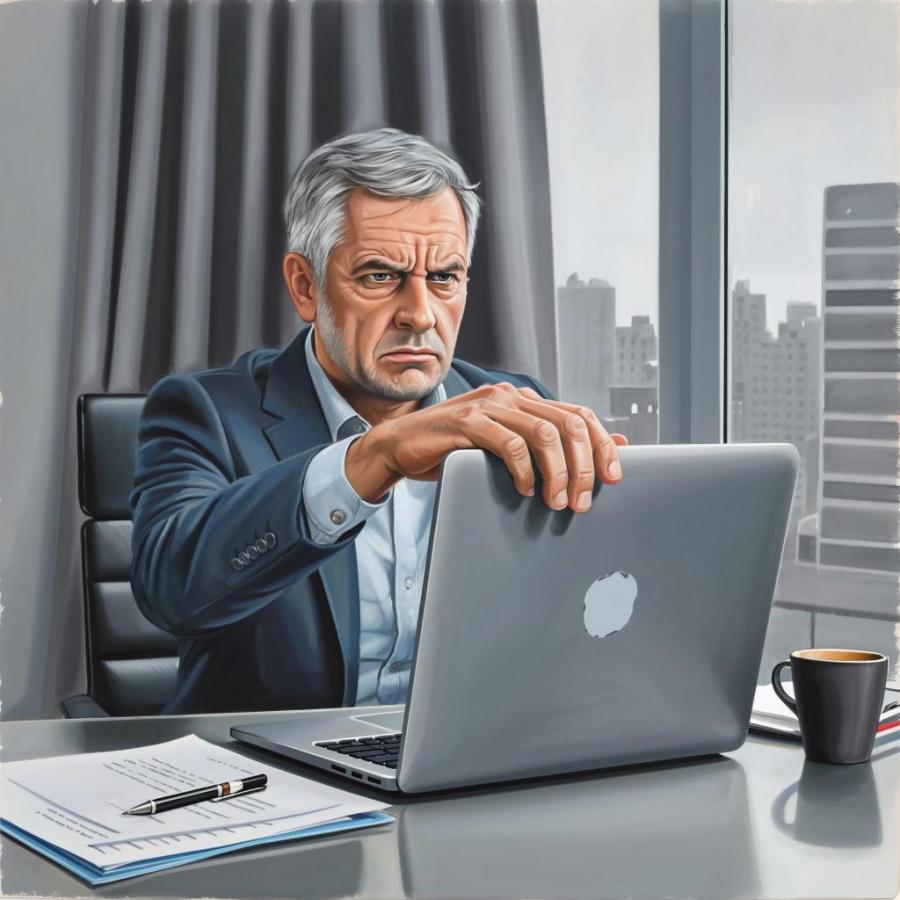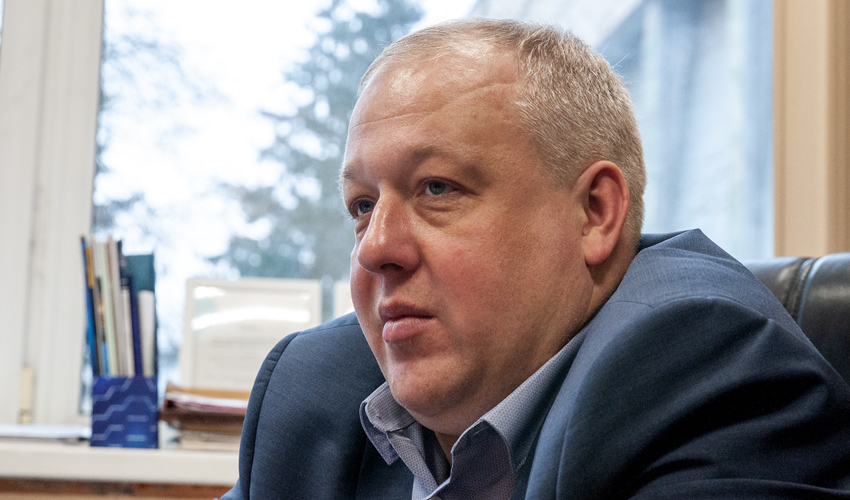The growing importance of neural networks and the content generated by them has led to the emergence of a special art - the creation of artificial intelligence software. They started talking about industrial engineering. Publications have appeared in which neuroartists - that is, "artists" who encourage neural networks to generate high–quality images - are advised to hide their promptings. Do manufacturers need legal protection? We asked Valentin Klimov, Deputy Director of the Institute of Intelligent Cybernetic Systems at the National Research Nuclear University MEPhI, to comment on this question.

According to Valentin Klimov, a prompt is not just a set of words, but a unique combination of phrases and instructions that allows the user to get the desired result from a neural network. Thus, industrial products can be considered as an intellectual product, which requires special knowledge and skills to create.
Valentin Klimov identifies several key aspects that, in his opinion, require legal protection:
1. The commercial value of products lies in their ability to generate revenue through the creation of unique content.
2. A competitive advantage is formed due to proven techniques and approaches in making requests.
3. Copyrights may apply to original formulations and sequences of commands.

"However, the issue of industrial protection remains controversial. On the one hand, they can be considered as a tool of work, like an artist's brush or a camera. On the other hand, high—quality software requires a deep understanding of neural networks and a creative approach to query formulation," emphasizes the Deputy Director of IICS.
Legal uncertainty in this matter creates risks for content creators. The lack of clear protection mechanisms can lead to the misuse of successful products by competitors, copying of unique methods of working with AI and loss of competitive advantages. These issues raise important questions about the need to create new legal mechanisms that would protect industrial products as a special type of intellectual property, combining elements of technical documentation and creative work.
The National Research Nuclear University MEPhI believes that this topic requires a broad public discussion with the participation of lawyers, representatives of the AI industry and content creators. This discussion should help to find a balance between intellectual property protection and the development of artificial intelligence technologies.
Thus, more and more questions arise about how to protect the results of intellectual work in the context of rapidly developing technologies. Do we need new legislation or are the existing regulations sufficient? How to protect content creators from unfair competition? The answers to these questions may form the basis for new approaches to intellectual property in the digital age.
(Originally, Valentin Klimov's comment was published on the Technosuveren portal )





